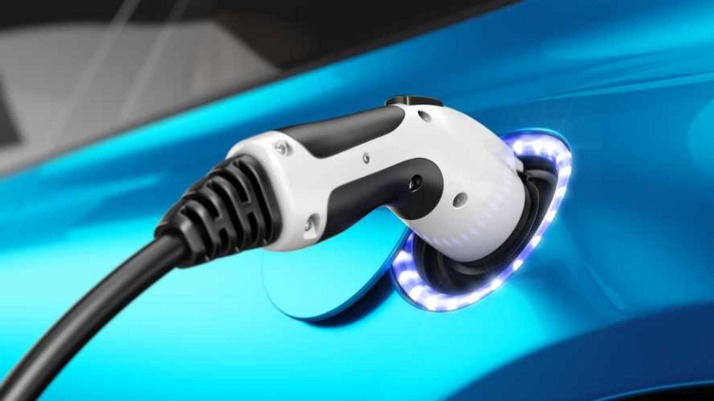As the demand for electric vehicles (EVs) continues to grow, so does the need for a reliable and efficient EV charging infrastructure. With more and more people making the switch to electric cars, ensuring that there are enough charging stations available is crucial to the widespread adoption of EVs.
The Rise of EV Charging Stations
Over the past few years, we have seen a significant increase in the number of EV charging stations across the country. This is due in part to government incentives and mandates aimed at promoting the use of clean energy vehicles. Additionally, advancements in technology have made it easier and more cost-effective to install and operate charging stations.
Read more about EV charging cost here.
Types of EV Charging
There are several different types of EV charging stations, each with its own benefits and limitations. Level 1 charging, which uses a standard household outlet, is the slowest but most convenient option for charging at home. Level 2 charging provides faster charging speeds and is commonly found at public charging stations and workplaces. Finally, DC fast charging offers the fastest charging speeds but requires specialized equipment and is less common than other options.
EV owners must consider their driving habits and charging needs when deciding which type of charging station to use. For example, those who primarily drive short distances may be able to get by with a Level 1 charger at home, while long-distance travelers may opt for a DC fast charging station for quick top-ups on the go.
Challenges Facing EV Charging
Despite the progress that has been made in expanding the EV charging infrastructure, there are still several challenges that need to be addressed. One of the biggest issues is the lack of standardized charging protocols, which can make it difficult for EV owners to find compatible charging stations.
Another challenge is the limited availability of fast charging stations, especially in rural areas. This can make it difficult for EV owners to travel long distances without worrying about running out of battery power. Additionally, the upfront cost of installing charging stations can be prohibitive for some businesses and individuals, leading to slower adoption rates.
The Future of EV Charging
Despite these challenges, the future of EV charging looks promising. Advances in battery technology are making EVs more affordable and increasing their driving range, making them a more viable option for consumers. Additionally, efforts are being made to standardize charging protocols and expand the network of charging stations, making it easier for EV owners to find and use charging facilities.
Overall, the future of EV charging is bright, with new innovations and solutions on the horizon. As more people make the switch to electric vehicles, the demand for reliable and efficient charging infrastructure will only continue to grow.


